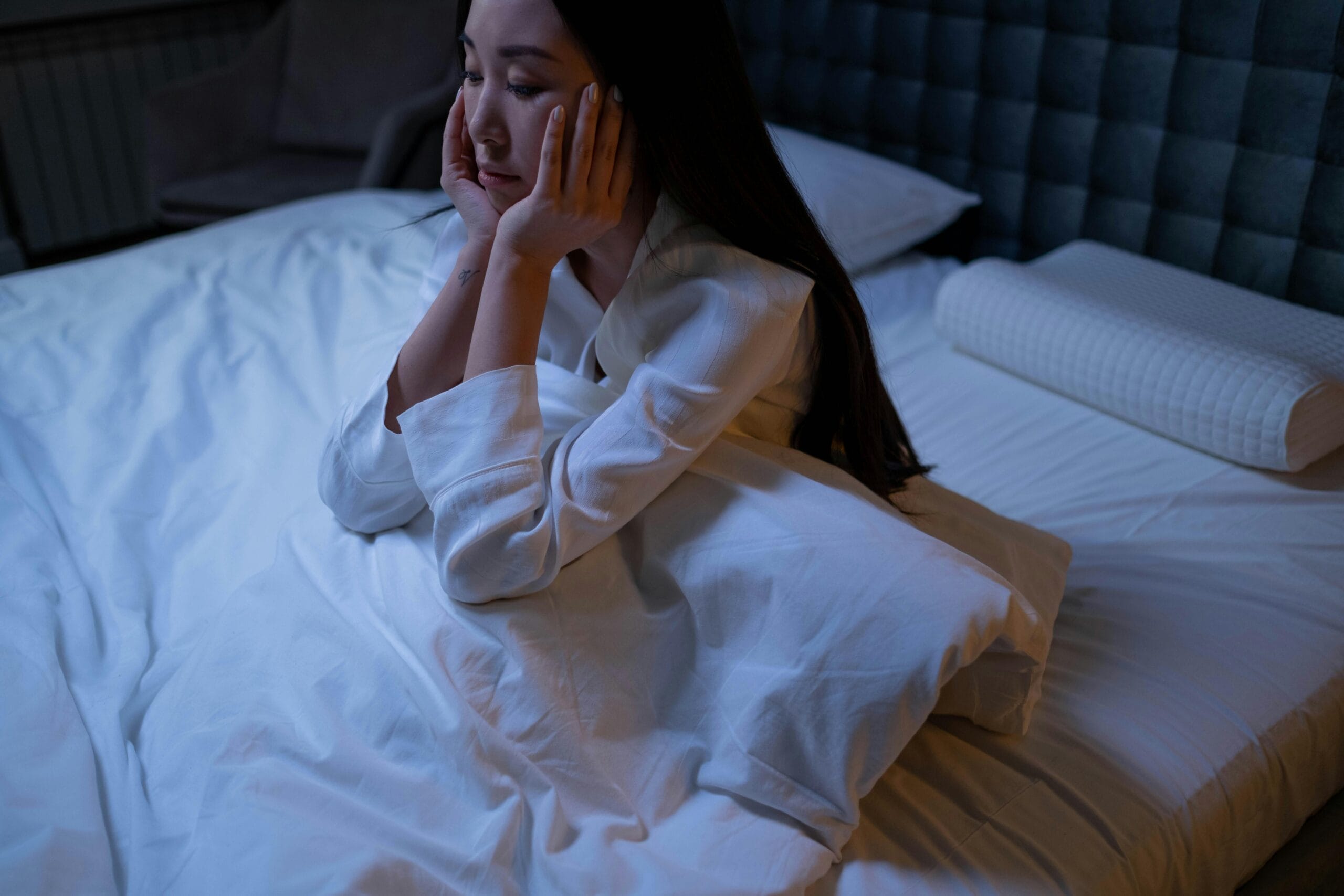Anxiety and sleep disorders often go hand in hand. Sleep problems can exacerbate anxiety, and vice versa, creating a vicious cycle that affects both mental and physical well-being. In this blog, we will explore how anxiety and sleep disorders are interconnected, their common symptoms, and tips for improving sleep quality while managing anxiety.
- How Anxiety Affects Sleep
Anxiety triggers the body’s fight-or-flight response, making it difficult to relax and fall asleep. When your mind is racing with worries, falling asleep or staying asleep becomes challenging. Chronic anxiety can lead to insomnia, while the lack of sleep further worsens anxiety, creating a continuous loop.
Common sleep issues caused by anxiety include:
• Difficulty falling asleep (sleep-onset insomnia)
• Waking up frequently during the night
• Restlessness and poor sleep quality
• Nightmares or vivid dreams related to stress- The Impact of Sleep Disorders on Anxiety
Sleep disorders, particularly insomnia, can worsen anxiety by increasing irritability and reducing the ability to cope with stress. Poor sleep also affects cognitive function, making it harder to focus, remember things, and stay calm during stressful situations.
Key effects include:
• Increased stress levels and irritability
• Cognitive impairments (reduced attention, memory, and decision-making)
• Heightened emotional sensitivity and anxious thoughts
- Managing Anxiety-Related Sleep Disorders
Improving sleep while dealing with anxiety requires addressing both the mental and physical aspects of the problem. Here are some effective strategies:
• Cognitive Behavioral Therapy for Insomnia (CBT-I): This therapy helps to reframe negative thoughts about sleep and develop healthy sleep habits.
• Relaxation Techniques: Practices such as deep breathing, meditation, and progressive muscle relaxation can calm the mind and body before bed.
• Sleep Hygiene: Create a relaxing sleep environment by maintaining a consistent bedtime, limiting screen time, and avoiding caffeine or large meals before bed.- Natural Remedies to Improve Sleep and Reduce Anxiety
For those who prefer non-pharmacological approaches, certain natural remedies can help:
• Herbal Teas: Chamomile, valerian root, and lavender are known for their calming properties.
• Magnesium Supplements: Magnesium supports relaxation and sleep, particularly for those who are deficient.
• Aromatherapy: Lavender essential oil has been shown to reduce anxiety and improve sleep quality.The relationship between anxiety and sleep disorders is complex but manageable with the right approach. By addressing both anxiety and sleep habits, you can break the cycle and restore balance to your mental and physical health.

















